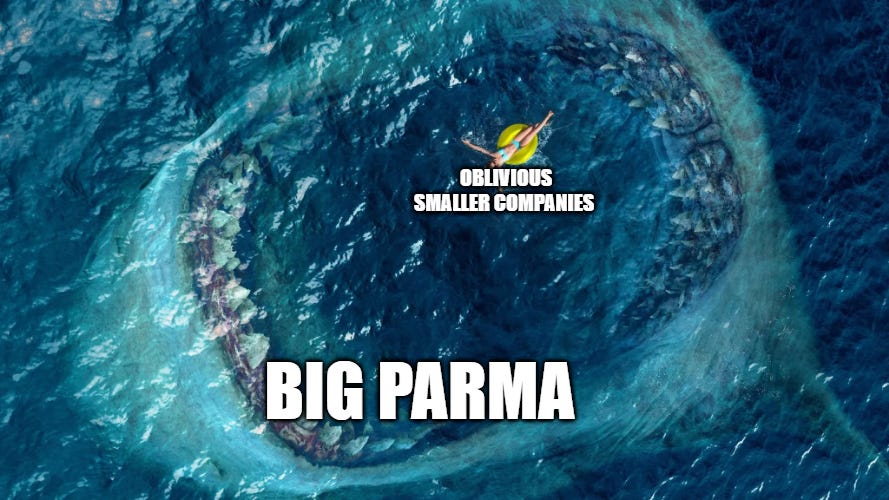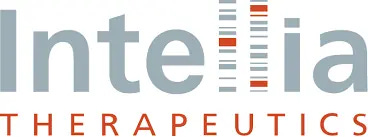What Biohaven represents to big pharma
Pfizer (PFE) has recently has put out an $11.6 Billion offer to buy smaller pharmaceutical company Biohaven (BHVN). While Covid-19 destroyed many businesses, leading pharmaceutical companies gained large cash positions and are looking for something to spend it on. With these newly gained funds comes the opportunity to expand their businesses further by obtaining beaten down smaller companies and with it, any medicines they own. Hit especially hard have been Biotech companies, after the worst April in over two decades. Their weakened state makes them attractive targets for acquisition, with companies like Moderna and BioNTech having enough to finance deals of their own. BioNTech ended the first quarter with $10.55 billion in cash, and Moderna with $19.3 billion. The bid on Biohaven shows that the Covid era has left the biggest pharmaceutical companies with fat wallets and a taste for expansion.
For investors this holds the potential for massive gains in a buyout. Pfizer’s offer was $148.50 per share, which at the time was a 78.6% premium. Possibly most interesting, however, was the format the deal is structured in. In the deal, Pfizer will take 2 of Biohaven’s migraine drugs and some other assets, while forming a new publicly traded company with the remaining assets. Along with the money from the buyout, investors in Biohaven are given shares in the new company. Pfizer has also agreed to put $275 million into the new company, The deal is structured this way for several reasons, the biggest being:
More tax efficient
Pfizer is only purchasing what assets they want
Avoids potential anti-trust issues down the line
Anti-trust is a huge issue for medicine companies, so by only taking certain assets Pfizer is taking less of a risk of problems down the line. This means that a similar concept may be used on other medical buyouts, since generally a large company may only purchase a smaller one for a handful of drugs. This also means that spin-offs are likely to struggle, as any assets left where either judged too risky or not valuable enough to take. Biohaven was listed in February as a target for acquisition along with Alnylam Pharmaceuticals (ALNY), Vir Biotechnology (VIR) and Intellia Therapeutics (NTLA) by Wells Fargo analyst Mohit Bansal.
#1: Alnylam Pharmaceuticals
Alnylam Pharmaceuticals (ALNY) primarily focuses on treating genetic diseases through RNA interface technology. Notice: many terms are going to be used that you probably need to have several PhD’s to understand. If it is helpful, here’s a dictionary: Merriam-Webster.
RNA technology is a new tool that was used in the Covid vaccine, working by triggering the proteins that starts the production of anti-bodies without an actual piece of the virus needed. Because pharmaceutical companies spend years researching and testing medicines, all with the possibility of it being rejected by the FDA, economics can be unstable. In 2021, Alnylam made $844 million USD in sales, a $351 million USD increase from the year before. $103 million was spent on production, bringing gross profit to $741 million USD. However, with over $1.4 billion USD spent on selling, administrative and other general fees there was a loss of $853 million USD, with similar losses in 2020 and 2019.
#2: Vir Biotechnology
Vir Biotechnology, Inc. (VIR), a commercial-stage immunology company, develops therapeutic products to treat and prevent serious infectious diseases. Because of their Covid-19 treatment products the company rose to prevalence during the pandemic.
Vir Biotechnology has a $3 billion USD market cap, putting it well within the price range of acquisition for market leaders. Vir Biotechnology had $1.095 billion in sales during 2021, and $529 million in net profit.
#3: Intellia Therapeutics
Intellia Therapeutics (NTLA) is a genome editing company focusing on developing therapeutics, and has a market cap of $3.69 billion USD. Shares of Intellia Therapeutics have dropped 35% since the end of February, when the U.S. Patent and Trademark Office decided it would not grant patents that Intellia relied on in developing treatments for diseases like sickle cell and cancer. Intellia lost over $250 million in 2021, with $33 million in sales and -$260 million USD gross profit.
Out of the three companies other than Biohaven on Mohit Bansal list, Alnylam is the best overall investment, and most likely target for acquisition. Despite Vir Biotechnology (VIR) going profitable last year, Sotrovimab, the companies Covid-19 drug no longer has emergency clearance, and thus cannot be used in the US per the FDA. With one of its major drugs no longer allowed in the US, EPS is expected to drop 2138.9% in Q2 compared to Q1. Intellia Therapeutics (NTLA) less likely for acquisition because of the rejected patents, which reduces the value another pharmaceutical or therapeutic company may see in acquiring it. Alnylam is a good target for acquisition because they possess valuable technology and research, unlike a company such as Vir they do not depend on Covid-19 staying a global pandemic and countries permitting emergency use of their medicines. If a larger company where to purchase Alnylam, they could utilize their RNA technology to produce more medicines without needing to spend years upgrading pre-existing technology. With a market cap of $15.28 billion USD a company such as Moderna has enough right now to buy Alnylam, including a generous premium.
Like what you’ve read? Subscribe to our blog by adding your email address to the form below, and be the first to know when a new article is posted!






